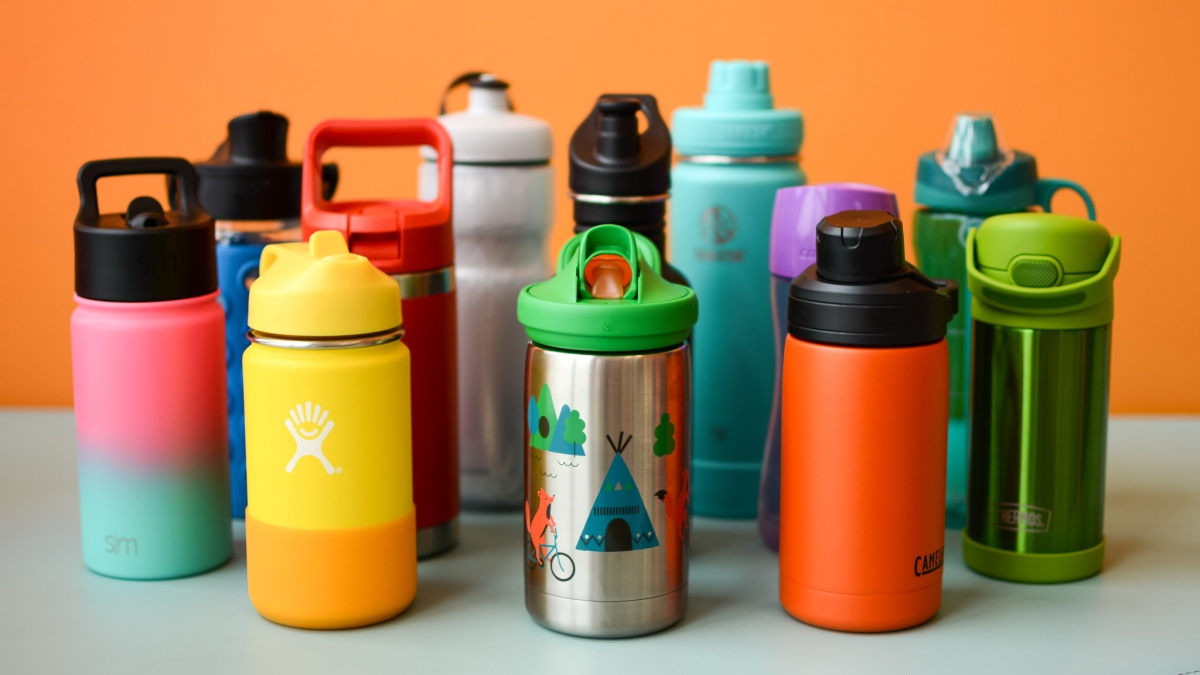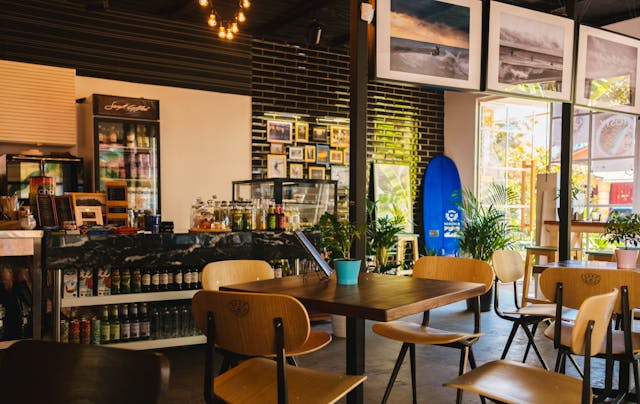Are you aware of the effect plastic and glass bottles have on our environment? Sure, they’re handy and convenient but at what cost? In this blog post, we will explore the impacts these everyday items have on our world and discuss alternative and sustainable ways to stay hydrated. Strap in for an eye-opening journey.
Understanding Bottle Usage
It’s hard to imagine a world without bottles keeping our drinks cold or hot, or ensuring their safe transportation. Nevertheless, these benefits come with significant environmental consequences. So, with that thought, bottles become a topic worth exploring further for those looking to lead more environmentally-conscious lifestyles.
Resource Depletion
To create bottles, especially plastic ones, industries extract valuable natural resources like petroleum. The extraction process is harsh on ecosystems and accelerates resource depletion globally. Realizing this can bring change in personal bottle usage habits.
Emissions During Production
The production of bottles directly contributes to greenhouse gas emissions. Factories involved in their manufacturing release carbon dioxide into the atmosphere during various stages of production increasing our carbon footprint drastically.
Impact on Wildlife
Bottles dramatically affect wildlife when discarded improperly. Animals can mistake them for food leading to choking or internal injuries; worse yet, ingested bottle particles can introduce toxic chemicals into animal systems.
Littering Landscapes
With inadequate waste management practices across the globe, these bottles end up littering beautiful landscapes and cities. The sight of a natural landscape marred by plastic or glass does not just affect aesthetics; it goes deeper impacting ecosystems at large.
Clogging Waterways
Improperly discarded bottles clog waterways creating hazards for marine life. Certain species can get trapped in them, while others may ingest small parts leading to severe health implications.
Leaching Chemicals
Bottles, particularly plastic ones, tend to leach chemicals into the environment over time. When these bottles degrade, they release toxic polluting substances such as BPA into the soil and water resources posing deplorable health risks.
The Landfill Issue
A significant portion of non-recycled bottles ends up in landfills where they take several centuries to decompose completely. This results in precious land space being lost forever to heaps of non-biodegradable waste.
Economic Impact
The economic cost of producing, transporting, and disposing of bottles is remarkably high in the long run. The money could be better utilized by channeling it towards sustainable solutions for basic human needs like hydration.
The Recycling Problem
Even though recycling is a viable solution, unfortunately, not all bottles make it into the recycling bins; those that do often require substantial energy and water resources for their conversion into usable products.
Hope with Reusable Bottles
Switching from disposable to reusable bottles significantly reduces their environmental impact. Reusable bottles can be made from eco-friendly materials and require fewer resources to maintain throughout their lifecycle.
Trending Bottle Alternatives
Innovation has led to several promising bottle alternatives like edible water bubbles and collapsible reusable bottles. As consumers gravitate towards sustainable options, manufacturers are likely to invest more in these exciting alternatives.
Involvement Through Awareness
Managing this issue begins by raising awareness about the negative environmental impact of bottles. Such education could trigger a global movement towards better waste management practices and reduced bottle consumption.
The Conclusion
Inevitably, bottles have become a part of our lives, but the convenience they offer comes at an overwhelming cost to the environment and wildlife. However, understanding and acknowledging this problem is the first step towards mitigating its effects. Exploring alternatives to conventional bottles and increasing recycling rates can make a tremendous difference. As consumers, you wield considerable power; use it wisely for sustainable choices that will safeguard the planet for generations to come.


